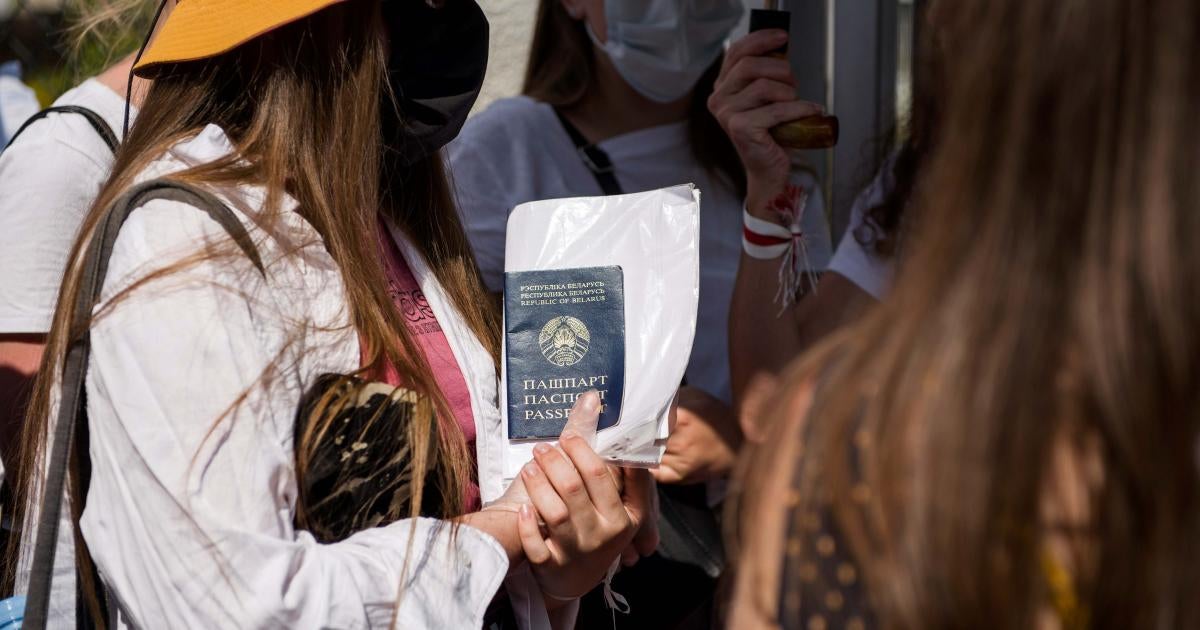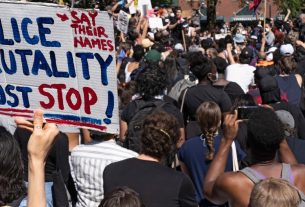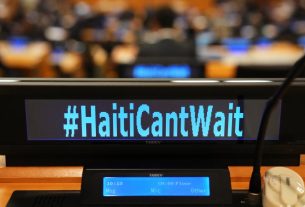(Vilnius, September 8, 2023) – Belarus has issued a presidential decree denying the country’s citizens the ability to obtain or renew their passports or to process other essential documents at Belarusian consulates overseas, Human Rights Watch said today. This could leave thousands of exiled Belarusians without access to valid identification documents abroad, or at risk of politically motivated prosecution if they have to return to Belarus to process their documents.
Aliaksander Lukashenka signed the decree on September 4, 2023, abolishing the authority of consulates and diplomatic missions to issue, replace, or extend passports or identification cards of Belarusians abroad and making such work the responsibility of internal affairs officials. Now, to obtain these essential documents, Belarusians need to return to Belarus. Amendments also stipulate that a range of property transactions, including for real estate, can only be carried out in Belarus or via a power of attorney issued in Belarus. The new rules became effective on September 7.
“This latest draconian move by the Belarusian government is an apparent retaliation against its critics in exile,” said Anastasiia Kruope, assistant Europe and Central Asia researcher at Human Rights Watch. “Those forced to return to the country to obtain essential documents will be at risk of arrest and political prosecution.”
The decree’s explanatory note says that it is aimed at “further improving” and “optimizing” the work of diplomatic missions and consulates. In reality, it exposes Belarusian citizens living abroad to dire risks and infringes on their fundamental rights, Human Rights Watch said.
Over the past three years of systematic and widespread repression, which followed the peaceful protests of 2020, hundreds of thousands of Belarusians have fled the country. While the exact number is unknown, the Parliamentary Assembly of the Council of Europe estimates that between 200,000 and 500,000 Belarusians are living in exile. In August 2022, Belarusian law enforcement claimed that more than 79 percent of Belarusians wanted for protest activities had fled the country.
Politically motivated repression against large segments of the population, including activists, journalists, human rights defenders, lawyers, and political opponents, shows no signs of diminishing. The current number of detainees, imprisoned for political reasons is estimated to be as high as 1,510.
According to the Human Rights Center Viasna, dozens of Belarusians who returned from abroad, including for short-term visits, have already faced detention and administrative and criminal charges over social media posts, participation in the 2020 peaceful protests, and allegations of involvement in “extremist” activities.
In just one example, the authorities detained a Belarusian human rights lawyer, Yulia Yurhilevich, and a journalist, Pavel Mazheika, when they came to Belarus from Poland in August 2022. One year later, both were sentenced to six years in prison on bogus charges of “repeatedly aiding extremist activity.”
In September 2022, Lukashenka said it was necessary to “deal with” Belarusians with foreign residence permits, portraying them as a threat to the country’s interests. Earlier, authorities had equated living abroad, especially in Poland and Lithuania, with “subversive” activities.
Independent media have reported many cases of Belarusians with foreign residency permits who were arrested and questioned in Belarus, and subjected to other forms of pressure from Belarusian authorities in 2022 and 2023.
In December 2022, parliament passed a law requiring Belarussian nationals to notify authorities if they hold another citizenship or residence permit. The law also allows the authorities to revoke the citizenship of Belarusians living abroad and convicted of certain crimes against the interests of Belarus, even if they have no other citizenship. Such convictions are often politically motivated and can be delivered in absentia, with no fair trial guarantees.
Prior to Lukashenka’s decree, Belarusian consulates and diplomatic missions were authorized to issue, renew, and extend passports and identification cards of Belarusians living abroad, although some Belarusians had already faced obstacles or been refused when attempting to renew their expiring identification documents.
The lack of identity documents severely undermines the ability of exiled Belarusians and their family members to live, travel, and work legally in the countries of their residence. This can also impede their access to medical care, education, and other basic services where up-to-date documentation may be required.
The International Covenant on Civil and Political Rights, to which Belarus is a party, states that “Everyone shall be free to leave any country, including his own.” The Human Rights Committee, which oversees interpretation and implementation of the Covenant, has made clear that this “must include the right to obtain the necessary travel documents” and has criticized bureaucratic hurdles in accessing passports, or denying passports because the applicant is alleged to harm the good name of the country.
Increasingly, Belarusian authorities are trying to expand their repression outside the country’s borders. Other countries should ensure that exiled Belarusians living in their territory are able to exercise basic human rights. If necessary they should provide effective alternatives to documentation, allowing them to work, travel, and access services, such as the foreigner passports provided in Lithuania and Poland, Human Rights Watch said.



